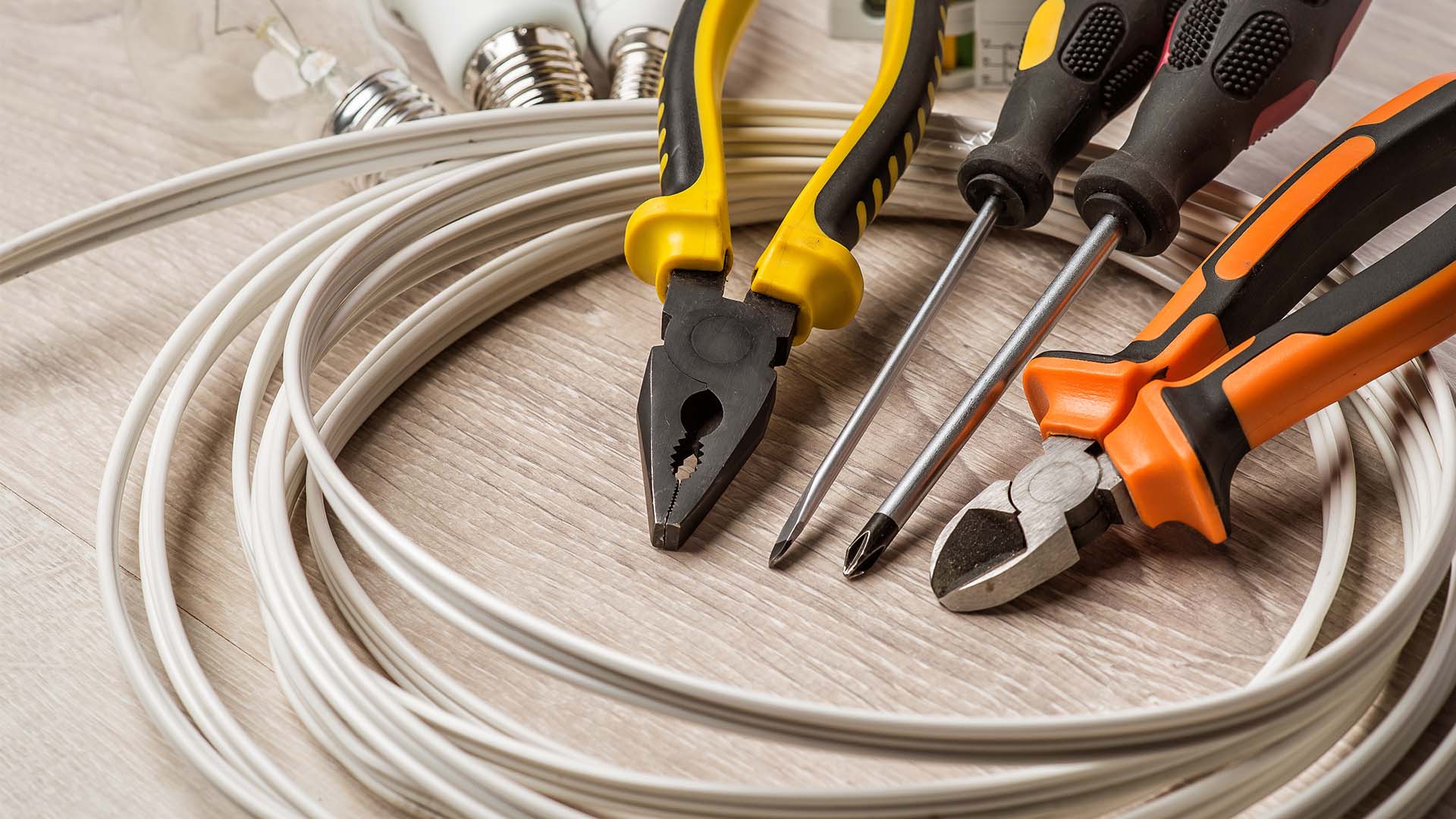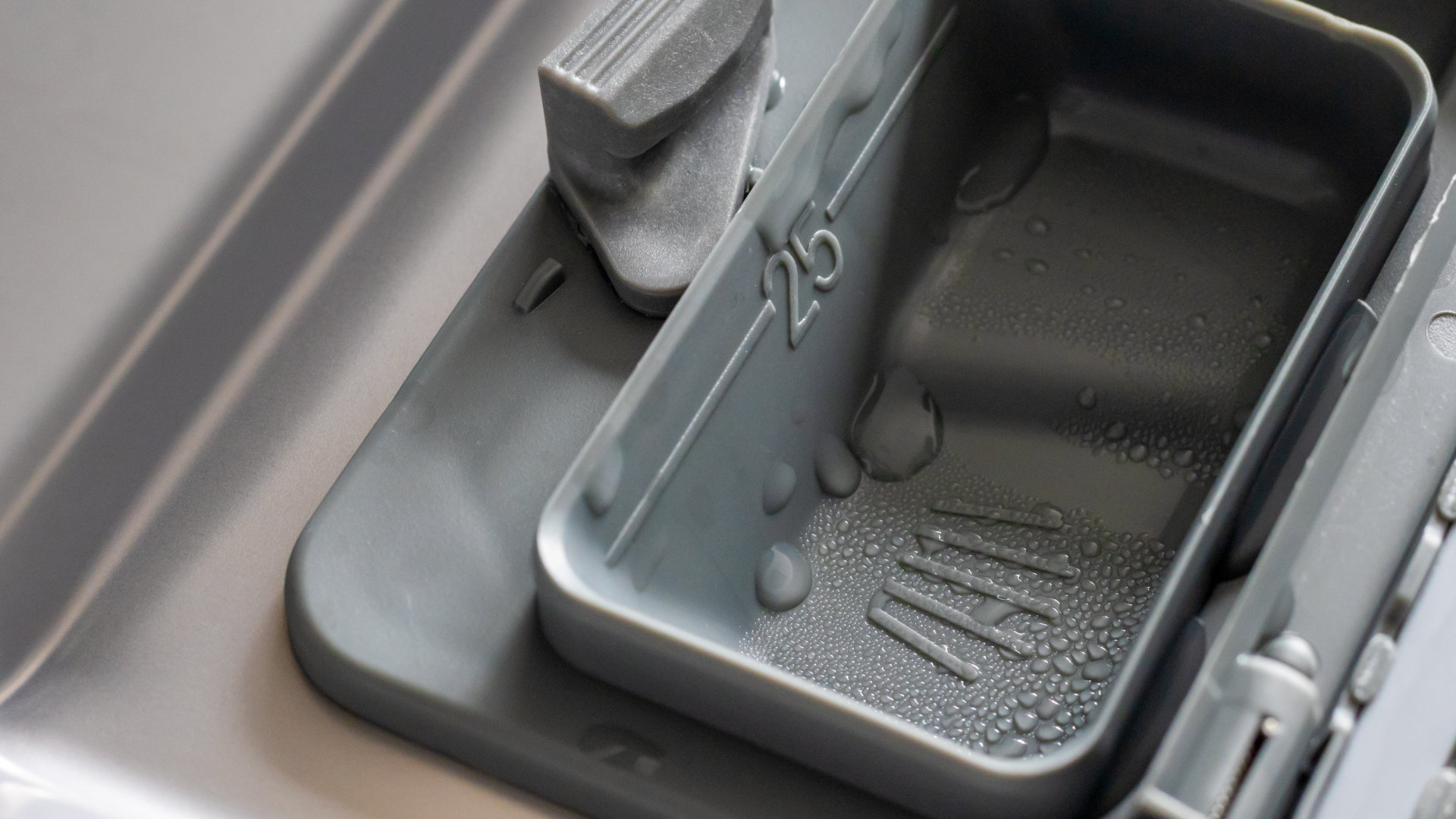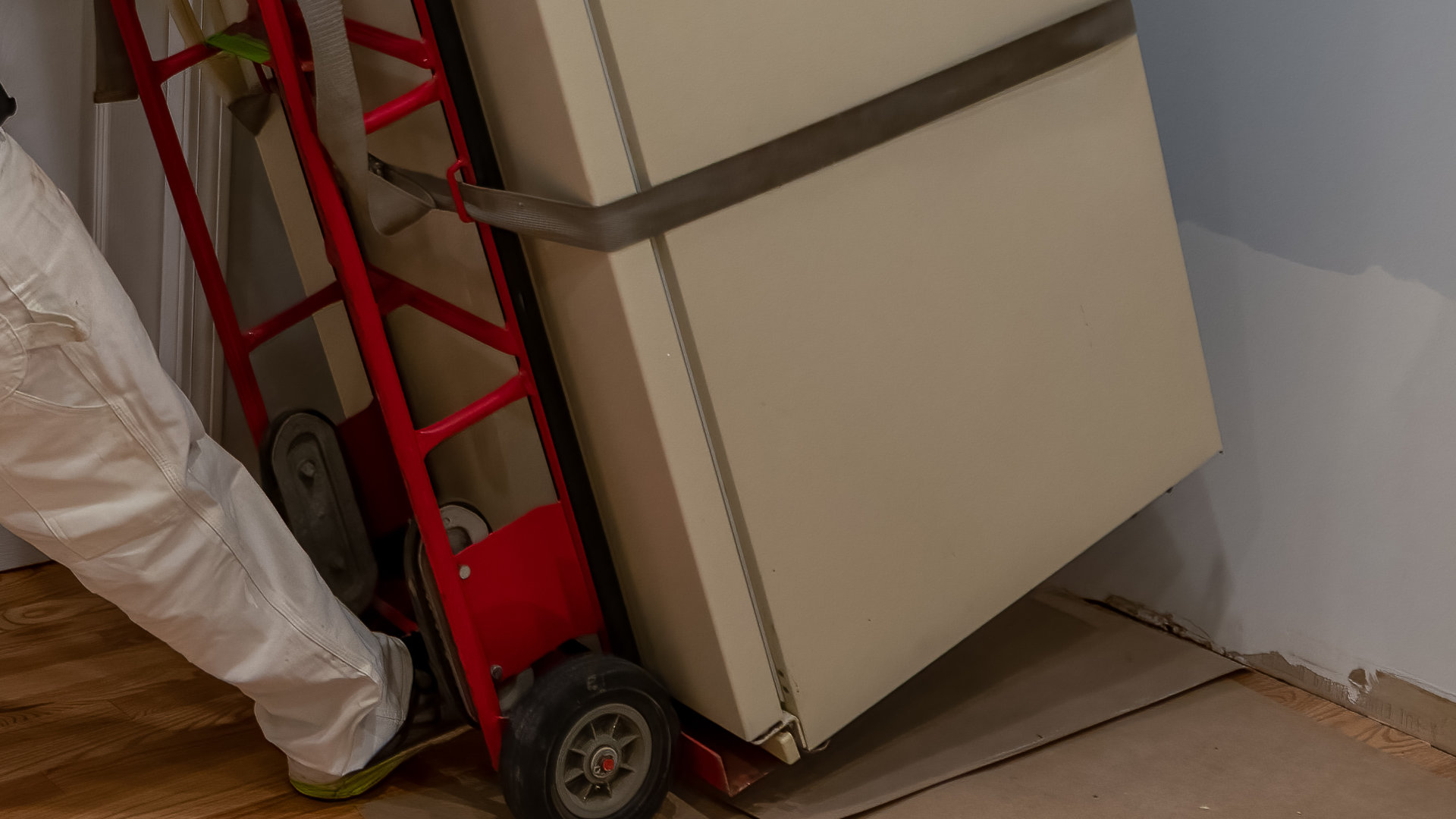
Fred's Appliance Academy
May 21, 2018
Tools
If you are beginning or have already begun a career as an appliance repair technician, no doubt you recognize the importance of your tools. Without them, you simply couldn’t perform your job and earn a living.
In addition, you probably also understand the expense involved in acquiring quality tools. Fine-crafted tools are designed to last for decades, maybe even for an entire career or longer, and they represent a substantial purchase for most technicians.
However, both hand tools and power tools need the right care, or they may fail you in a critical moment. Tool failure isn’t just about the inconvenience, embarrassment or even the cost of replacement; instead, failure could cause costly damage or a serious injury.
Because of the vital role they play, you should know how to properly store, maintain and use your tools. Below are some important guidelines to keep in mind when taking care of your appliance repair tools. If you heed them, you will protect your investment, safety, and livelihood.
Prevent Moisture Damage
One of the first considerations of proper care for tools is how to store them. Too often, tools will be thrown in the back of a work truck or left lying around in exposed areas. The number one enemy of tools–moisture–will quickly attack tools that are left vulnerable.
That’s why tools should always be kept properly stored. Since most appliance technicians are on-the-go, they often use tool bags to carry hand tools. This can be an acceptable practice as long as the limitations of portable storage are acknowledged and addressed.
For example, tools should not be confined where moisture can readily build and pose a constant threat. Tool bags can become extremely damp places, especially in humid climates or when they are shuttled back and forth between hot-and-cold environments and condensation becomes a problem. To help combat this, make moisture reduction and control a part of your tool storage routine.
Ideally, tools should be removed from enclosed bags on a daily basis and stored in a climate-controlled space with limited humidity levels. However, the practical demands of the career can make this difficult, and other alternatives of preventing moisture-related damage may need to be used.
Moisture-control can be accomplished by using silica gel packets; simply toss a few packets into your tool bag and allow them to draw moisture from the surrounding air. Silica gel packets are inexpensive and available for purchase online.
In addition, a small block of camphor placed in your tool bag will prevent surface rust from forming on tools. Just be sure to periodically replace both the silica gel packets and camphor to ensure ongoing protection and perform an occasional wipe-down of your tools with light machine oil for best results.
Use the Right Tool in the Right Way
Another consideration for properly caring for tools is knowing when and what to use. Abusing tools is a shortcut to ruining them and could also have serious implications for your personal safety. For example, while screwdrivers are often convenient, they should only be used for installing and removing fasteners. Prying and “stabbing” with screwdrivers can cause damage and may injure you.
Instead, always find the right tool for the job. If you aren’t able to immediately invest in a costly specialty tool, find out if you can borrow or rent one. Other technicians will often be happy to form a “tool-sharing” partnership with you, thus reducing expenses for both of you in the long run.
In addition, learn how to use the tools you own. The experts at Fred’s Appliance Academy will train you to use your appliance repair tools correctly. We will provide all the guidance and feedback you need to ensure your tools are put to their very best use and will not be damaged during the process.
If you are looking to purchase high-quality appliance repair tools, be sure to stop by Fred’s Appliance Academy Toolbox. We specialize in selling appliance repair tools and understand the needs of appliance repair technicians.
(800) 781-1814Text or ring! ring!
Live ChatClick to say hi

Apr. 05, 2024
How to test a gas range ignitor

Mar. 29, 2024
Congrats to our graduating March 2024 class

Mar. 22, 2024
How to test a 120 volt receptacle

Mar. 01, 2024
Congrats to our graduating February 2024 class

Feb. 05, 2024
Why Is Your Dishwasher Soap Not Dissolving? (5 Easy Fixes)

Feb. 05, 2024
Refrigerator Dripping Water Inside? 5 Quick Fixes

Feb. 02, 2024
Appliance Industry 2023 Q4 Results

Feb. 02, 2024
Congrats to our graduating January 2024 class

Jan. 26, 2024
Clever ways to use airbags to level your appliances

Jan. 12, 2024


